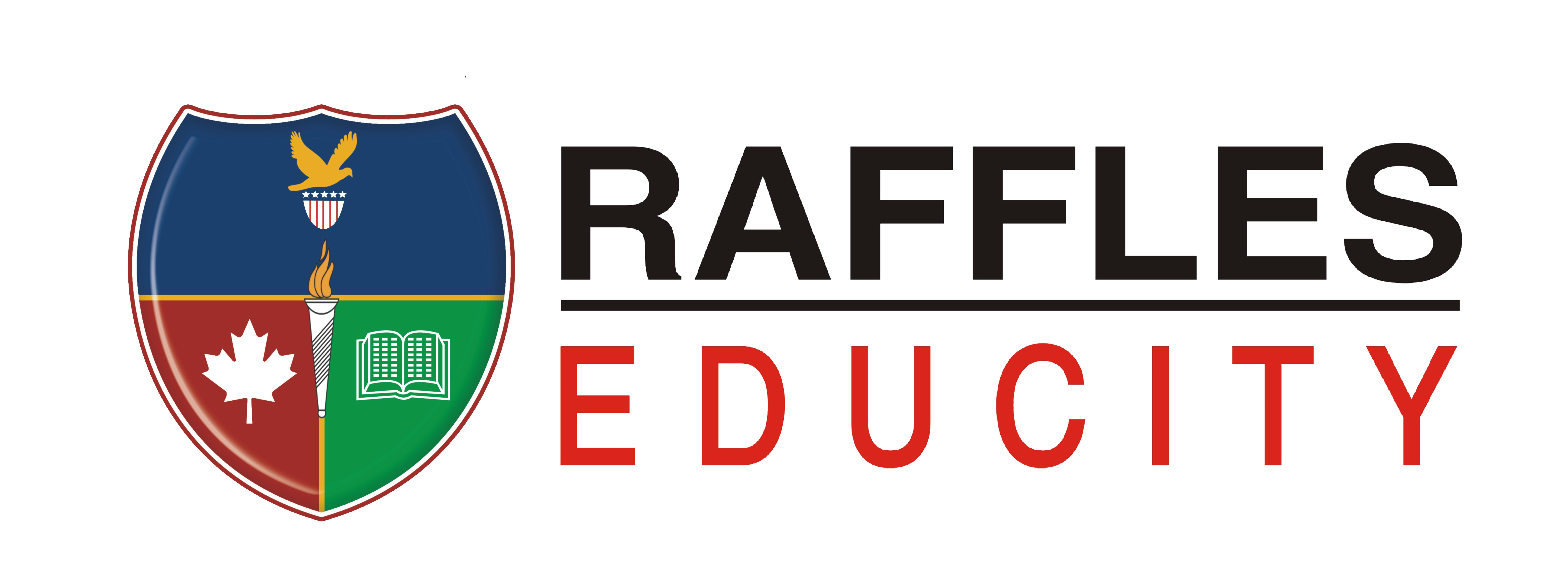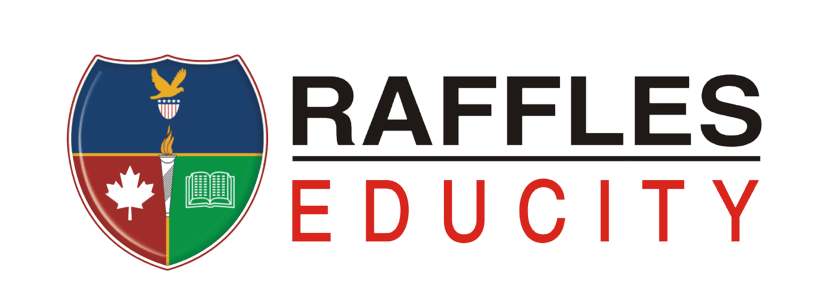VISITOR VISA
Canada is among the top favorite destinations for international students who crave exposure and experience alongside top-quality education.
With internationally reputed universities, culturally diverse students and cheaper living costs, Canada offers a favorable studying experience for prospective students.
Canada also allows international students to work during their study program without the need for a work permit. International students can support themselves and gain Canadian work experience during and after completing their studies.
International students can extend their stay by applying for a visa extension on their study permit or apply for a Post-Graduate Work Permit (PGWP)after completing their study programs can.
Canada also offers several immigration pathways for international students who wish to gain permanent residence status after graduating.
Back to My Visa Source’s Immigration Resource Topics
What is the Planning Process an International Student Looking to Study in Canada Should Follow?
Here is a list of 13 areas to consider when planning for your study adventure in Canada so you can begin in the right direction. After reading this list, you’ll understand why you wouldn’t want to be stuck in a new country and not have considered these areas. Let’s begin!
1) Find a School:
You must apply to a designated learning institution (DLI) for your preferred study program. There are over 1,500 universities, colleges and other learning institutions designated by the government body of Immigration, Refugees and Citizenship Canada (IRCC).
The list for DLIs is constantly changing as institutions get authorized by the IRCC. You must verify that the institution you want to study at is designated by the IRCC.
There are also 150 community colleges and other institutions that offer specialized training for different professions.
2) Programs and Areas of Study:
You have a wide variety of study programs to choose from in Canada. Each study program will have its own requirements and eligibility criteria.
After the successful completion of your studies, you will be granted an educational credential such as a certificate, diploma or degree. This educational credential is an important factor in continuing your education or qualifying for a job.
3) Institution/Program Recognition:
As an international student, you must verify that your preferred learning institution is designated by the provincial or territorial government to grant degrees to international students.
4) Getting Admitted:
You must apply to your preferred DLI based on their admission procedure and eligibility requirements. Most DLIs will certainly require:
- Language Proficiency: You must demonstrate language proficiency in either English or French by taking an approved language test
- Entrance Requirements: You must meet the entrance requirements of your institution and your intended study program
- Application Deadlines: You must adhere to application deadlines set by the institution
- Academic Year: You must choose the academic year you want to apply for. It usually starts from September to May, however, some institutions could have a semester or trimester system
5) Distance Education:
If you are unable to come to Canada for a post-secondary degree, you can consider distance education offered by several Canadian universities and colleges. You can come to complete the second or third year of the study program in Canada.
6) Financial Assistance:
You can apply for financial aid in the country of your residence if you require it. There are several scholarships, low-interest loans or other programs you can apply for. You can also apply for financial aid to your intended university based on their requirements.
You can search online for certain financing options offered by financial institutions in Canada. If your application for your intended university is approved, you will receive a Letter of Acceptance. This letter can be used to apply for a study permit in Canada.
*My Visa Source’s Annual Scholarship will be reopening our scholarship contest in the spring of 2021.
7A) Letter of Acceptance:
The Letter of Acceptance is compulsory to apply for a study permit. You must be accepted by a DLI in Canada to receive this letter.
7B) Are There Any Exemptions to the Requirement of the Letter of Acceptance?
As an international student, you will not require a letter of acceptance from a DLI if you acquire written approval for a temporary study or work permit before entering Canada.
You also don’t require a letter of acceptance if your study program lasts 6 months or less since you can study without a study permit for these short-term programs.
8) Levels of Programs:
The study programs in Canada have different lengths and compositions. Therefore, it is important to choose study programs that will have an impact on your eligibility for employment and immigration.
The following types of programs are offered:
Undergraduate Study: Undergraduate studies are composed of your senior secondary or high school education. The full undergraduate study program will also include your bachelor’s degree and will last for 3 to 5 years.
Certificate Programs: These programs last less than 1 year or 2 semesters.
College or University Diploma/Associate Degree: These diploma/degree programs usually last for 2 years or 4 semesters.
Bachelor’s Degree: These programs usually last for 4-5 years or 8 or more semesters
Post-Graduate Diploma/Certificate: These diploma or certificate programs lasts for less than 1 year or 1 or 2 full semesters.
Master’s Degree: These programs last for 1-3 years.
Doctorate Degree: These programs usually last for 4 to 6 years.
9) Transferring Credits:
You can also transfer to another institution during your study program. If you are moving to another province or territory or want to change your study program, then you can transfer credits.
However, it depends on the rules for transfers between the 2 institutions. This will change based on province, for example, British Columbia has 40 institutions participating in transfer programs.
10) Provinces and Locations:
There are a total of 10 provinces and 3 territories in Canada. Apart from Quebec and Nunavut, each province offers various immigration pathways for international students under their Provincial Nominee Program (PNP).
Quebec Immigration also operates its own unique immigration system for nominating international students who want to immigrate. You must make a decision based on your needs and future goals.
11) Immigration Pathways for International Graduates:
There are several pathways offered to international students who want to immigrate to Canada after graduating. International graduates can apply for several immigration streams offered under different Provincial Nominee Programs (PNPs) based on their needs.
They will be required to meet the general requirements related to connection to the province, language proficiency, valid job offer, valid temporary residence status, work experience, etc.
12) Preparing for Arrival:
You must arrange for your arrival by preparing and packing your luggage suited to your needs. You must also arrange all the required documents that will be necessary at the Port of Entry, keep extra cash and book transportation for airport pickup.
13) Accommodation:
Based on your financial situation, you can find both on-campus and off-campus accommodations. There are 4 standard accommodation options available:
Dormitories & Townhouses:
These are school-provided accommodations on-campus or nearby. Dorm accommodations are usually large buildings housing many students while townhouses usually accommodate 3 to 6 students in single rooms. Townhouse accommodations are usually reserved for students in their 2nd to 4th year or graduate students.
Off-Campus Shared Apartments: You can rent shared apartments that offer either single rooms or a large living space with 2 or more roommates.
Host/Family Homestay: Several host families in Canada offer single occupancy rooms for international students with meals included. Host families are very helpful in providing a sense of security and familiarizing the student with the city.
Furnished or Unfurnished Apartments: You can rent a temporary furnished or unfurnished apartment through online sites such as Craigslist, Kijiji, Rentboard or Rentseeker.

